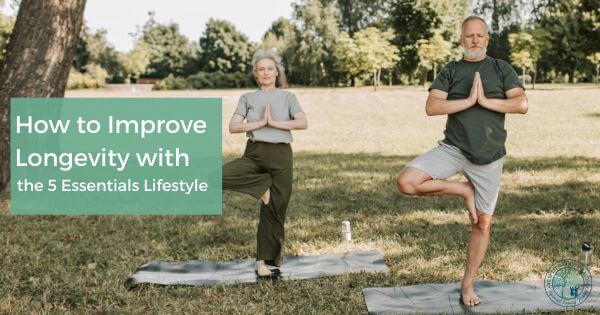
The newest science behind anti-aging is focusing its attention on the speed of chromosome shortening and the effect of critical hormones. It is now recognized that certain lifestyle behaviors do influence the key hormones and genetic components that allow you to improve longevity and age with grace and beauty.
The Cell Aging Process Explained
There are 76 trillion cells within the human body. The function and aging process of each of these cells dictates the function and aging process of your body. Each cell contains a nucleus with 2 chromosomal (arms) that contain your DNA. Each chromosomal arm is made up of about 100 million protein bases. At the very top of each end of the chromosome is the telomere.
The average telomere is about 15,000 bases long at conception. As you develop in the womb, the process of cellular division begins. As the cells divide the telomeres begin to shorten. During the 9-month gestation period (development of the baby) you lose 5,000 bases. So by the time you are born, you are already down to 10,000 bases. According to the most cutting-edge new theory on aging your telomere length will dictate your aging process and eventual death. Once your telomeres reduce down to about 5,000 bases your DNA can no longer support life.
How Long Should You Expect To Live?
Based on normal cellular division, the human lifespan should be approximately 120 years. If the cell divides at an abnormally high level, however, the telomere-shortening process accelerates and you essentially age faster. Several factors play a significant role in cell division and telomere shortening. This process is about 30% related to the genetic foundation you have inherited and 70% is based upon your lifestyle habits (how you are living the 5 Essentials).
Aging Factors – Lifestyle
Lifestyle factors that increase free radicals accelerate the aging process. Free radicals caused by oxidative stress cleave bases off of the telomeres. This chemical reaction speeds up the telomere-shortening process. Our modern culture is inundated with lifestyle stresses (emotional, physical, and chemical) that create massive amounts of oxidative stress throughout your system. We are also highly deficient in using resources and strategies that enhance our anti-oxidant defenses that fend off free radicals.
Aging Factors – Hormones
Insulin and growth hormone are two key hormones that are associated with the aging process. Elevated insulin levels increase cellular division and telomere shortening. Researchers have estimated that over 80% of the US population has some level of insulin resistance. When the cells are resistant to insulin your pancreas has to secrete more insulin to lower blood sugar. This creates chronically elevated insulin and accelerated cellular division and telomere shortening.
Growth hormone (HGH) enhances the cellular repair processes that allow you to age with grace. HGH regulates metabolism to burn fat, build muscle, and slow down the negative effects of stress. Another important characteristic of HGH is that it enhances collagen production and repair. Healthy collagen creates softer skin, reduces wrinkles, and enhances one’s complexion. Additionally, this strengthens and supports our joints as they age. Most people see their HGH levels decline with age; however, certain lifestyle modification helps to maximize HGH secretion throughout life.
All of this is related to your metabolism and will be discussed in detail at the Metabolism Health Makeover Tuesday, February 18th!
Want to Learn the Secrets to ANTI-AGING and Generational Health?
SIGN UP for the “Metabolism” Health Experience
Tuesday, February 18, 2025 from 6-7:30 pm
